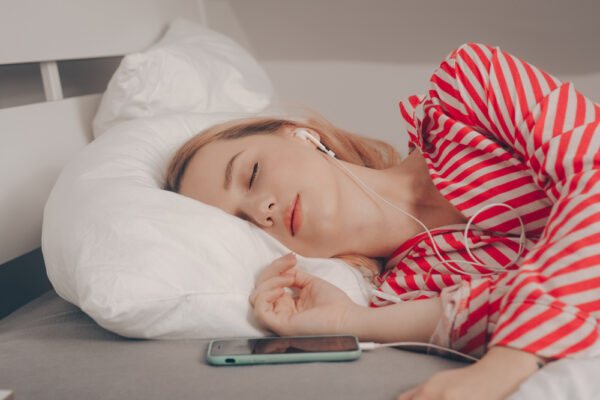Some of enjoy naps, and some of us don’t. You can wake up from one feeling refreshed or feeling very disoriented that you forget your own name, you don’t know what day you’re on and you feel like you need an extra 8 hours sleep to recover from the nap itself. Either way, it’s an 80/20.
However, there are many benefits of a power nap and it is quite rare when a nap leaves you feeling worse than you did before actually taking it.
It reboots the brain, improves productivity and overall health. It allows you to refresh your mind, especially when you’re feeling drained and sluggish. It can also reduce stress, improve mood and enhance creativity and alertness. There have been many studies that demonstrate how a power nap improves learning and memory. Of course, the quality of the nap is dependent on a number of factors such as location, noise levels, mattress comfort, temperature and so on – basically everything you take into consideration when you sleep for 8 hours to be prepared for the day ahead that is waiting for you.
Memory and Learning
As we mentioned briefly earlier, power naps actually improve our memory and learning ability. The cognitive advantages naps have is something that many people are quick to forget! You could take a 10-minute power nap, and it has the ability to boost your alertness and enhance learning. So, if you’re finding yourself struggling to get through the day, let the nap take you!
Heart Health
For those who have problems with their heart, they could reduce these by taking daily naps! A cardiologist found that midday sleepers experience decreased blood pressure and therefore less damage of high blood pressure in their heart and arteries. So, it’s never been easier to look after yourself and your heart health. Need to lower your blood pressure? Take a nap.
Boosts Immune System
As well as power naps having a positive impact on heart health, they can also boost the immune system. A study has found that napping is able to reverse the hormonal impact of a bad night’s sleep. This essentially means that a nap can restore biomarkers of neuroendocrine and immune health to normal levels. Now, that sounds like a lot of work, but it can be achieved in as little as 30 minutes. This occurs due to norepinephrine levels. This is a hormone and neurotransmitter that can be referred to as the “fight or flight” response.
Prevents Cell Damage
When we are sleep deprived, it can cause damage which we may not be aware of. The obvious signs of tiredness and sleep deprivation include losing focus and change in mood. However, not only does it affect us mentally, but physically as well. Lack of sleep essentially damages cells, particularly those in the liver and lungs. This kind of cell damage poses and increased risk for developing diseases. For the good news however, researchers have stated that recovery sleep, or a recovery power nap after sleep deprivation is able to heal the damage. So, if you’ve had a terrible night’s sleep that made you get only two hours of rest, you better add ‘to nap’ on your to do list.
Productivity
30-minute power naps are able to improve alertness, reaction time, productivity and creativity. It’s no doubt that they are good for the brain and body if you don’t over do it. Countless studies have been undertaken to prove this, and one found that planned naps in the workplace improved alertness and performance of the employees compared to those who didn’t nap.
How Long You Should Nap For?

Power naps make up for lost sleep, but a common question asked regarding naps is, how long you should nap for? An ideal power nap would last between 20 and 30 minutes. Please see below for more information for nap times:
- 20 minutes – the most common and ideal as it boosts energy and is easy to wake up from
- 30 minutes – can boost energy but also has the potential to cause grogginess
- 1 hour – improves short term memory and has the potential to cause grogginess
- 1 hour & 30 minutes – improves creativity, experience dreams and the full REM cycle
It’s important to note that napping for 30 minutes can lead to sleep inertia, which is something we mentioned at the very start of this article. This is when you experience extreme grogginess that is very hard to shake off and overcome. It might just be time to practice your naps and start taking advantage of the mental and physical benefits.


